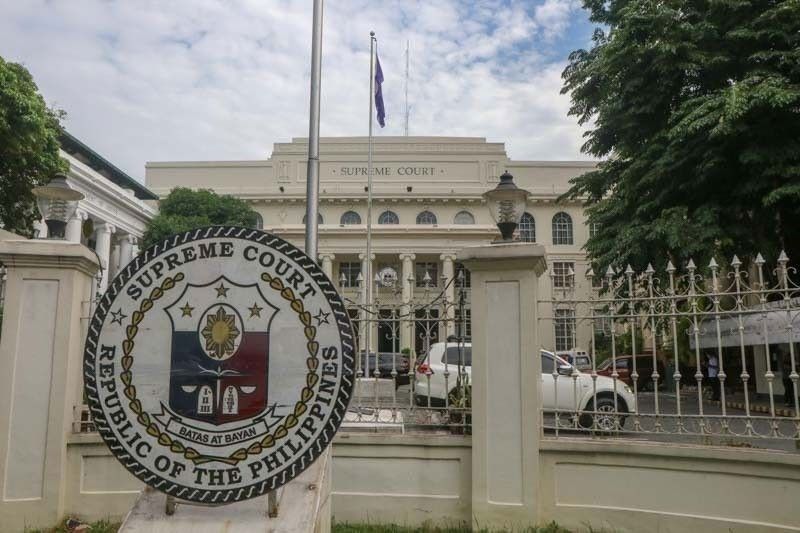Supreme Court: Government cannot be forced to probe drug war killings

MANILA, Philippines — The government cannot be compelled to investigate and prosecute extrajudicial killings in connection with the Duterte administration’s war against illegal drugs, according to the Supreme Court (SC).
In a decision promulgated on Aug. 30 and released on Saturday, the SC said the writ of continuing mandamus cannot be used to compel the government to conduct an investigation as it is only a remedy in environmental cases.
The SC en banc, in a decision penned by Associate Justice Maria Filomena Singh, dismissed a petition for mandamus filed by several lawyers who claimed that respondents then Philippine National Police (PNP) chief and now Sen. Ronald dela Rosa, the late Commission on Human Rights (CHR) chairman Jose Luis Martin Gascon and then Department of Justice (DOJ) secretary Vitaliano Aguirre II failed to adequately perform their duty to prevent violations of the right to life and to investigate and prosecute the killings.
The petitioners asked the SC to direct the respondents, through a writ of continuing mandamus, to investigate every allegation of violation of right to life committed under the government’s drug war and prosecute perpetrators.
They also asked the High Court to order the respondents to submit periodic reports on the actual number of extrajudicial killings and their circumstances, the progress of the investigation of each case and the criminal charges filed in courts, as well as the positive measures adopted to prevent further human rights violations.
In denying the petition, the SC said a writ of mandamus is a remedy when any tribunal, corporation, board, officer or person unlawfully neglects to do a duty, or unlawfully excludes from another the use or enjoyment of a right or office.
The High Court said it was not established that the respondents neglected their duties as respective heads of the PNP, DOJ and the CHR in preventing and investigating violations of the right to life, in relation to the drug war.
The petitioners also “offered no concrete proof that the respondents are remiss in their duties” and their “bare allegations cannot be given credence.”
The SC noted that Gascon submitted true copies of the CHR’s records for each region on its investigations of the extrajudicial and drug-related killings and the list of trainings it conducted for the police and military sectors from 2016 to 2017.
It added that the petitioners cannot impose on the respondents “the standards and characteristics of investigation which they deem to be appropriate and sufficient through a mandamus petition, as it lies only to compel the performance of purely ministerial duties.”
The High Court said the writ of continuing mandamus is available only in environmental cases. It is issued by a court in an environmental case, ordering any government agency or its officer to perform an act decreed by final judgment that shall remain effective until fully satisfied.
The SC said the respondents cannot be required to submit periodic reports to the High Court as such a directive violates the doctrine of separation of powers.
- Latest
- Trending





























